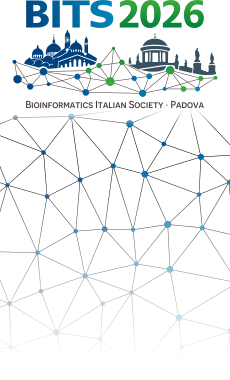2008 AMIA Summit on Translational Bioinformatics
InterContinental Mark Hopkins San Francisco
San Francisco, California
March 10-12, 2008
"It is the responsibility of those of us involved in today's biomedical research enterprise to translate the remarkable scientific innovations we are witnessing into health gains for the nation... At no other time has the need for a robust, bidirectional information flow between basic and translational scientists been so necessary."
--Dr. Elias Zerhouni, Director of the National Institutes of Health, 2005
Learning Objectives
To present the latest progress on using informatics approaches to improve translational biomedical research
To provide a platform to share research-related issues among the nationwide initiatives on translational research informatics, such as CTSA, caBIG, NCBC, etc.
To identify the current challenges of translational research informatics and to define the future directions
Articulate challenges and opportunities in translational bioinformatics
To learn a framework for developing, deploying and assessing translational bioinformatics initiatives.
To acquire techniques for implementing specific clinical decision support interventions
To appreciate how translational bioinformatics may be deployed to enhance clinical and translational research
To review and gain an understanding of key lessons learned by translational bioinformatics researchers
Identify areas of interaction among computational biology, genomics research, electronic health records, health information exchanges, and public health.
Who Should Attend
Biomedical and health informatics researchers and faculty
Staff members and researchers implementing the informatics components of Clinical and Translational Science Awards (CTSA)
Health information and knowledge management professionals
Computer scientists and system developers
Computational biologists with interests in human disease
Statistical geneticists, molecular biologists, and physician-scientists with interests in genetics or genomics
Industry representatives related to bioinformatics and genomics
Government officials and policy makers
HIT industry professionals and consultants
Physicians, nurses, dentists, pharmacists, and other clinicians
Public health informaticians/practitioners, consumer advocates, and disease management specialists
Standards developers
Società Italiana di Bioinformatica
Sede legale Viale G. Mazzini, 114/B – 00195 Roma
C.F. / P.IVA 97319460586
C.F. / P.IVA 97319460586
© 2003-16 • designed by esthos • powered by sciencedev




